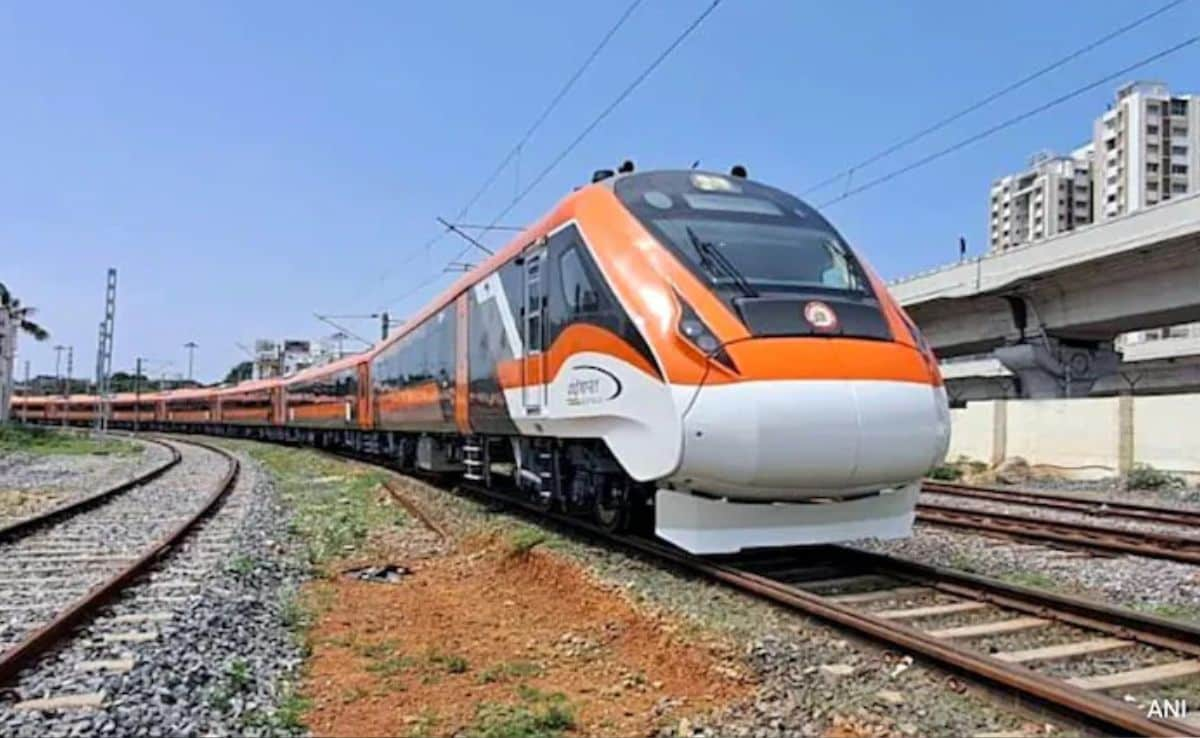Kinet Railway Solutions has entered into a long-term partnership with TI India to co-develop sleeper coach variants of the Vande Bharat semi-high-speed train.
The alliance is expected to scale production and expand the footprint of these next-generation trains across India’s long-distance rail corridors, advancing the vision of an Atmanirbhar Bharat. This partnership, which marries Kinet’s rail technology focus with TI India’s strengths in structural fabrication and high-precision steel forming, is set to transform the way India approaches large-scale rail manufacturing. The joint effort is positioned not merely as a commercial collaboration, but as a cornerstone for India’s rail modernisation strategy—one that reduces import dependency and embeds resilience in local supply chains.
The Vande Bharat project has long been championed as the centrepiece of Indian Railways’ modernisation mission. Initially launched with seated coaches for intercity travel, the project is now entering its next phase—developing sleeper variants aimed at enhancing passenger comfort on overnight routes. The move is expected to improve journey quality for millions of rail users and set new benchmarks for onboard service and speed. With the sleeper variant, Indian Railways plans to significantly extend the train’s network reach, particularly in connecting major urban and industrial hubs over longer distances. This step aligns with India’s climate and mobility goals—offering a low-carbon, efficient alternative to short-haul flights and diesel-powered express trains.
For TI India, the deal marks a pivotal expansion of its engineering footprint in the sustainable transport sector. The company is expected to contribute advanced fabrication systems that meet stringent quality, safety, and efficiency parameters—crucial for the sleeper train’s reliability and performance at high speeds. Mamta Shah, CEO of Urban Infra Group, described the development as a critical leap towards building an indigenous, world-class rail ecosystem. “This partnership not only accelerates the pace of domestic train production but also embeds long-term sustainability in infrastructure delivery,” Shah said, underscoring the significance of a localised, self-reliant manufacturing base.
The project is also expected to support broader job creation and upskilling in the engineering and fabrication sectors, offering regional economic opportunities in alignment with green growth ambitions. Moreover, the partnership reflects a deliberate policy tilt towards public transport investments that are not just technologically advanced but also socially inclusive and environmentally conscious. As India moves to build a resilient, net-zero carbon future, such collaborations signal a shift away from fragmented procurement models towards integrated, locally led innovation. While the sleeper coaches are still in the early stages of development, their rollout in the coming years could help redefine the public transport narrative—from basic connectivity to aspirational, high-quality travel.
Also Read: Mumbai Ahmedabad Bullet Train Trial by 2028 Full Run 2030


